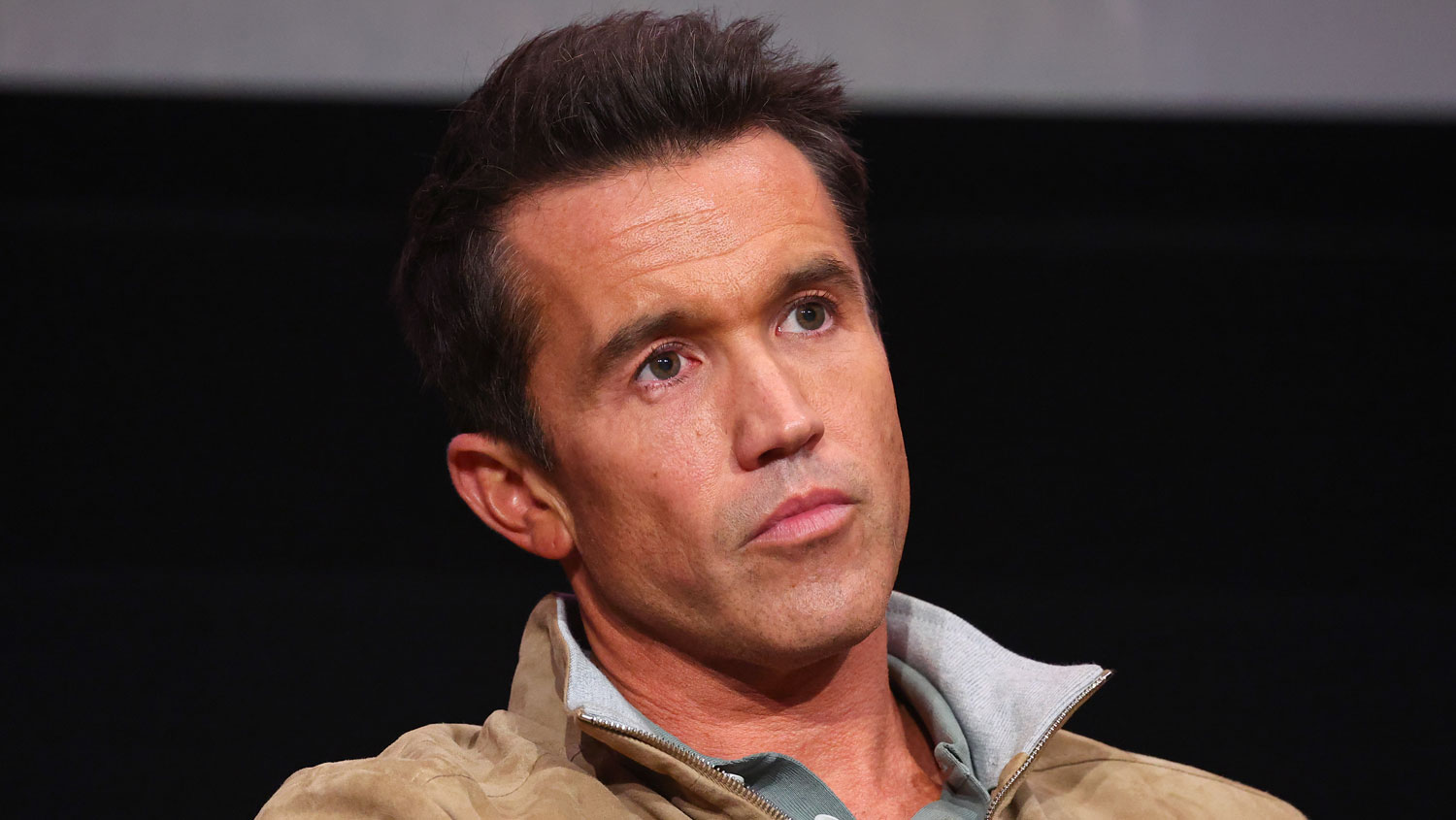
Navigating the BRICS Wave: China’s Economic Surge and the Global Landscape
Introduction:
In the swirling currents of global geopolitics and economics, one alliance stands out for its potential to reshape the world order: BRICS. Over the past several years, the landscape has been ever-changing, driven in large part by the rising prominence of the BRICS economic alliance. At the heart of this alliance lies China, whose economic prowess has propelled not only its own growth but also that of the entire bloc. In this article, we delve into the dynamics of China’s economic surge, its implications for the BRICS bloc, and the broader global implications.
The Rise of BRICS:
The BRICS alliance, consisting of Brazil, Russia, India, China, and South Africa, emerged as a counterbalance to the dominance of Western powers in global affairs. What started as an acronym coined by Goldman Sachs economist Jim O’Neill in 2001 has evolved into a formidable force in international relations. BRICS represents not just an economic partnership but also a geopolitical realignment, signaling the desire for a multipolar world order.

China’s Economic Ascendancy:
At the forefront of the BRICS alliance stands China, whose economic growth has been nothing short of remarkable. The release of China’s Q1 GDP figures in April showcased an impressive trajectory, with the economy growing by over 5% year-on-year, surpassing expectations. This robust growth has not only bolstered China’s position within the BRICS bloc but also positioned it as a key player in the global economy.

Implications for the BRICS Bloc:
China’s economic surge has far-reaching implications for the BRICS alliance as a whole. The bloc’s efforts towards de-dollarization, aimed at reducing reliance on the US dollar in international trade, have gained momentum with China’s increasing economic prowess. By purchasing oil from Russia and Iran using the yuan, China is not only diversifying its energy sources but also contributing to the bloc’s broader agenda of promoting multipolarity.

The Oil Factor:
A significant facet of China’s economic growth lies in its increased oil demand. As the world’s largest importer of crude oil, China’s appetite for energy has surged in tandem with its economic expansion. Notably, China has capitalized on discounted oil prices from Russia and Iran, furthering its strategic interests while undermining the dominance of the US dollar in global trade.

Navigating De-dollarization:
The shift towards using local currencies, such as the yuan, in international transactions is a key pillar of the BRICS alliance’s de-dollarization efforts. By reducing reliance on the greenback, BRICS countries aim to assert greater control over their economies and mitigate the risks associated with fluctuations in the US dollar’s value. China’s active participation in this endeavor underscores its commitment to reshaping the global financial landscape.
Challenges and Opportunities:
While China’s economic surge presents opportunities for the BRICS bloc, it also poses challenges. The growing influence of China within the alliance could potentially lead to power imbalances, especially given its sheer size and economic might. Moreover, geopolitical tensions, particularly with the United States, could complicate efforts towards greater cooperation within the BRICS framework.
Looking Ahead:
As we navigate the ever-changing currents of global geopolitics and economics, the role of China within the BRICS alliance will continue to be pivotal. Its economic surge not only strengthens the alliance’s collective bargaining power but also challenges the existing hegemony of Western powers. By harnessing the potential of its most prominent member, the BRICS bloc stands poised to shape the future of the global landscape.
Conclusion:
In the grand tapestry of international relations, the rise of China and the BRICS alliance represents a paradigm shift towards a more multipolar world order. As China’s economic surge reverberates across the global stage, the BRICS bloc finds itself at the forefront of shaping the future trajectory of geopolitics and economics. By leveraging their collective strengths and forging closer ties, BRICS countries have the potential to usher in a new era of global cooperation and prosperity.










Leave a Reply